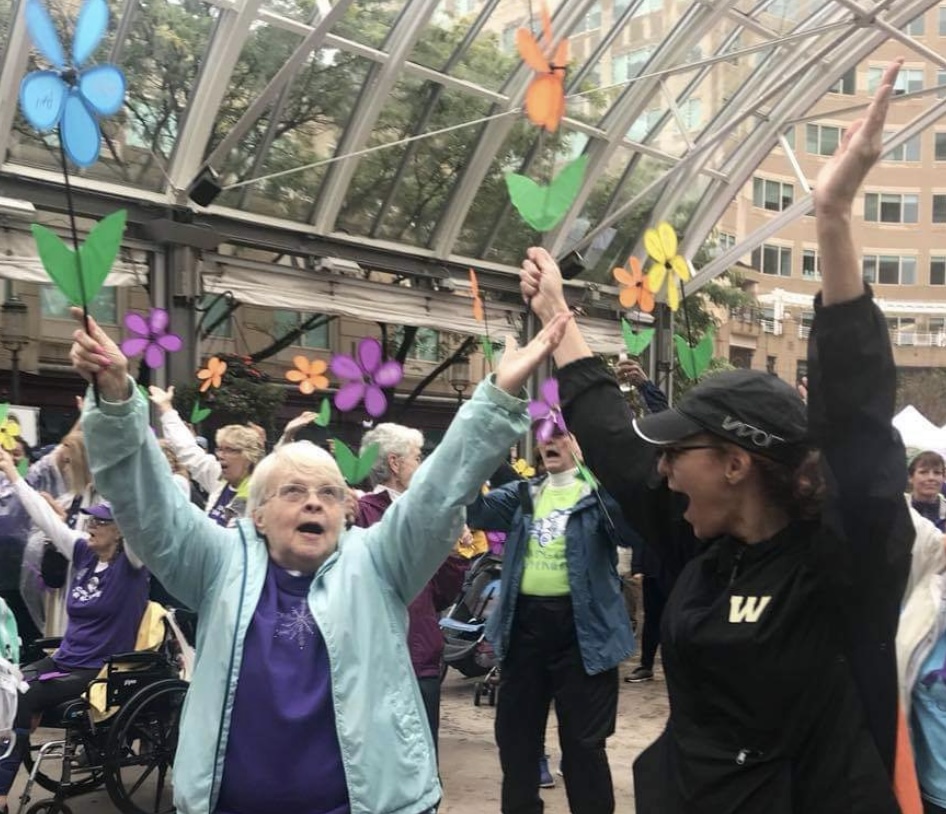(NEW YORK) – Alzheimer’s disease is tragic.
It is also increasingly common. According to the Alzheimer’s Association, COVID led to a 17 percent increase in Alzheimer’s deaths. Presently, more than 6 million Americans have the disease.
My grandmother, Amy Shimkus, was one of those 6 million patients. She struggled with the disease for the past decade and passed last month.
During her time at a memory care facility, Shimkus found a lot of solace in a popular tool in memory care facilities: stuffed animals.
“Stuffed animals are very common for us, along with baby dolls,” Carl Picioccio – an Alzheimer’s engagement coach at the Welsey Community – said. “They offer our folks with dementia a tactile sensory engagement. They also have a lot of reminiscent value.”
According to Picioccio, having a stuffed animal or doll brings back positive memories for dementia patients. If the patient had a positive relationship with a pet prior to their injuries, the stuffed animals can ease anxiety and boost a patient’s mood.

[Photo Credit: Tracy Cheifetz] Amy Shimkus holds her dog, RBI, on a walk with family members.
“A lot of times when our loved one’s time travel, it’s due to mental or physical fatigue throughout the day because of cognition being impaired,” Picioccio said.
Family members would frequently find food stuck in the fur of her stuffed animals – suggesting she had been trying to feed them. It spoke to many of us as a relic of her giving nature. It also shows how the disease had anthropomorphized the stuffed animals in her mind.
In my grandmother’s memory, the family has started a stuffed animal donation drive in her memory.


